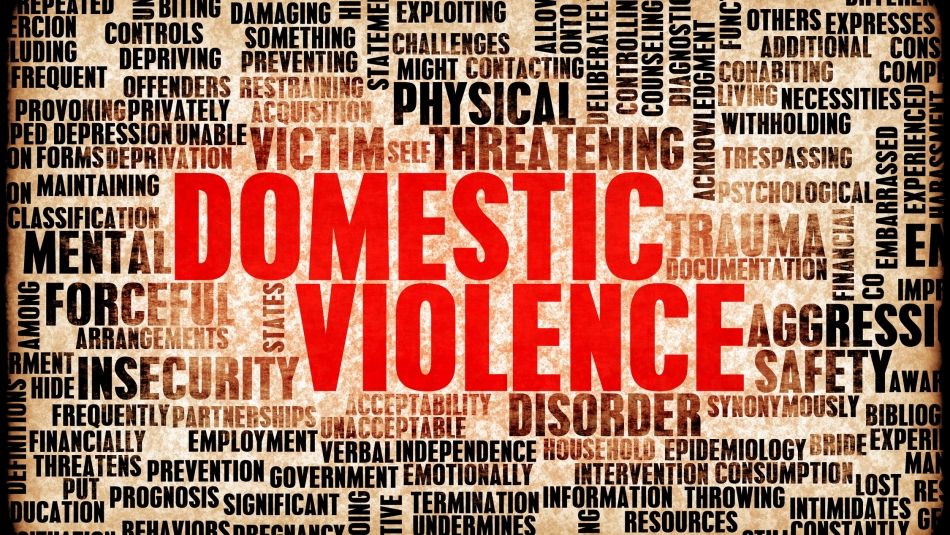
Share
Windsor Star
Dec 06, 2014
Julie White and Jerry Dias
A woman living with a violent partner may try as many as seven times to leave before being able to make a permanent break— if she can. Each year, as many as 80 women are not able to get out. They, and often their children, are murdered by an abuser because the system has utterly failed them.
Today the biggest barrier to women trying to flee an abusive relationship is economic; access to affordable housing and a steady paycheque at a job where they are safe and their economic security is not at risk by trying to make a new start.
Far too many women face the impossible choice between a dangerously violent home and extreme poverty. Even for a woman with a decent job, the instability caused by fleeing, in combination with the fear and shame so many experience, can be overwhelming.
Women are at the greatest risk of fatal violence from a partner when the relationship is ending. Three years ago Cynthia, a Unifor member at a large manufacturing facility, suffered a nearly fatal attack at the hands of her ex-husband, who broke into her home while she was asleep. The attempted murder, as he was later charged with and jailed for, left Cynthia in the hospital on life support. Fortunately, her daughters were not home at the time of the attack, and were cared for by close relatives while she recovered.
At work, Cynthia was only starting to open up about her situation at home and the fear that she felt. A groundbreaking national survey has illuminated a long-known truth – that domestic violence follows women like Cynthia to work. One-third of the 8,429 survey respondents reported having experienced some form of domestic violence, and said it followed them to their job through abusive phone calls, threats, stalking, harassment, assault, increased anxiety, fatigue and the inability to concentrate, get to work on time or get to work, period. The effects also spilled over to relationships with their co-workers.
Employers and unions alike have a responsibility, and a unique ability, to make a difference in the lives of women fleeing abusive relationships. Workplace supports can go a long way in securing the safety and well-being of workers. It starts with being able to disclose the circumstances to someone they know, in a private and comfortable environment. It means having someone to confide in, knowing that they won’t be judged (an anxiety that many survivors report having).
Across the country, Unifor has more than 300 trained women’s advocates who provide a confidential service, including making referrals, explaining options and helping plan and connect with community and workplace supports.
Cynthia did go back to work, once her physical wounds had healed. The women’s advocate helped create a plan that would accommodate her injuries on the job and provide a safer environment. Although her scars are not visible, she lives with the psychological trauma of the attack. Her daughters also received crisis counselling through the union.
The women’s advocate program, negotiated at the bargaining table and paid for by the employer, is one of a number of much-needed support measures. In addition to this, the survey had a number of key recommendations, including paid domestic violence leave and the ability to request flexible work arrangements, along with education for managers, supervisors and workers about domestic violence in the workplace. It also suggested having the tools necessary to protect and support victims.
On a governmental level, language prohibiting discrimination against those experiencing domestic violence must be added to human rights legislation.
The women’s advocate in Cynthia’s workplace is helping her and her employer plan how to secure her safety once her former partner is eligible for day passes from prison in January, and in the event he receives a full parole later in the year. Cynthia’s courage and that of her daughters is incredibly inspiring, but for survivors of domestic violence, a permanent sense of safety can feel illusive.
Every year employers lose $77.9 million to issues related to domestic violence. More than the financial cost is the terrible toll it takes on women and children. It is incumbent upon employers, unions, government and agencies to work together to protect those experiencing domestic violence. We must ensure that the fear of poverty does not condemn women to death by staying in violent homes.
This year, on the 25th anniversary of the Dec. 6 Montreal Massacre, it is vital that we put in place supports that allow all people, particularly families gripped with domestic violence, to live free of fear and to flourish.
Julie White is the women’s department director at Unifor and was on the steering committee for the Can Work Be Safe When Home Isn’t? survey co-sponsored by Western University and the Canadian Labour Congress. Jerry Dias is the national president of Unifor and a member of the board of directors of the Halton Women’s Place.


